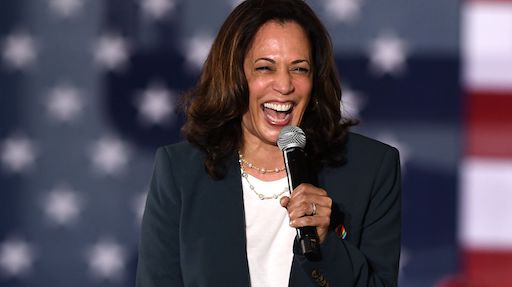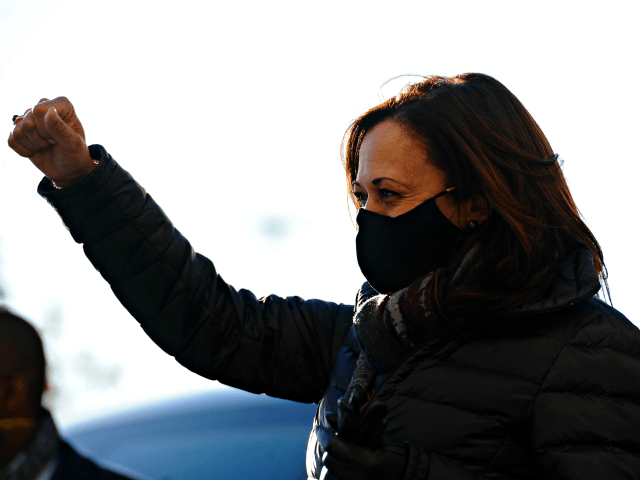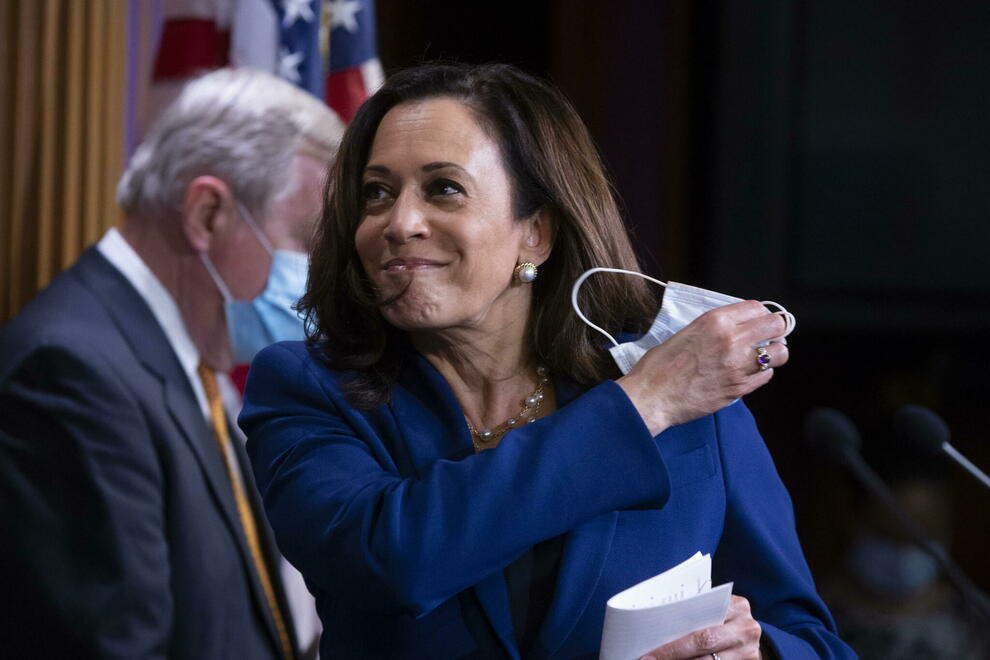“I am who I am,” said Kamala Harris last year when asked by the Washington Post whether she had struggled with racial introspection because of her dual heritage. “You might need to figure it out, but I’m fine with it,” she told the reporter. The sharpness of her response was perhaps a consequence of a lifetime of being asked questions along the lines of “but, what exactly are you?” And the Vice President-elect’s response reveals an unwillingness to be placed in anyone else’s box. In short, Harris’s racial identity is not her problem. Among the many ‘firsts’ associated with her becoming Vice President, is that she has become the first biracial holder of the office. And unlike most people of dual heritage in the United States (as well as in the United Kingdom), both of her parents come from minority communities.
We did it, @JoeBiden. pic.twitter.com/oCgeylsjB4
— Kamala Harris (@KamalaHarris) November 7, 2020
Harris’ mother, Shyamala Gopalan, traveled from India in 1958 to study at the University of California and in the hope of finding a cure for cancer. It was on campus in Berkeley where she met Donald Harris, another foreign student who had moved from Jamaica to study economics. They shared a passion for politics and were both drawn to the civil rights movement. They had been raised within different cultures but both their perspectives had been shaped by British colonial rule. Today Narendra Modi, the Indian Prime Minister, was among the first world leaders to congratulate Harris. He tweeted: “Your success is pathbreaking, and a matter of immense pride not just for your chittis [a Tamil word for aunts], but also for all Indian-Americans.” Of course, Andrew Holness, the Jamaican Prime Minister, also celebrated her election “…we are proud that she bears Jamaican heritage,” he tweeted.
So how does she define herself? African-American? Indian-American? Well, primarily as “American”, of course. But on the first page of her book The Truths We Hold, the ‘About the Author’ section, Harris is described as “black” – the “second black woman ever elected to the U.S. Senate…”. She wrote: “My mother understood very well that she was raising two black daughters.” She adds that she was “raised with a strong awareness of and appreciation for Indian culture”. Racial identity is too often defined by other people. It is shaped not just by genetics, but by socialization; it is a mix of nature, nurture, and choice. It is always complex, but for mixed-race people, it is often dynamic too. And overlooked nuances of lived experiences can disappear entirely with blunt descriptions. A study by three American psychologists carried out in 2013 identified an apparent tendency to ‘race switch’ among people of dual heritage, ’identifying’ and ‘de-identifying’ with different parts of their racial identity as a coping mechanism. But the research focused on people of mixed white and minority heritage, as conversations about mixed-race often do. Harris’ dual heritage is different.
My parents are also from India and Jamaica so I share what is a rare racial mix in Europe and America. I am familiar with some of the questions Vice President-Elect Harris has almost certainly had to bat away: “does it make you feel more ethnic?” or “do you feel more Indian or more Jamaican?” For me, the absence of white heritage generates never-ending intrigue among other people and places both my feet outside the dominant racial group. It almost certainly shapes and confuses the way some people perceive me. I am often encouraged by strangers to select a culture to make their understanding easier as if I am queuing at a buffet. In June, Ms. Harris told the New York Times: “I’m really sick of having to explain my experiences with racism to people for them to understand that it exists.” But of course, she will be asked and asked again. And she will be asked to pick a label in order to help other people apply a set of preconceived ideas about who she is. Black? Indian? Jamaican? West Indian? American? For the Vice President-elect, she is all those things. It is not that complicated.
Source: https://www.itv.com/







